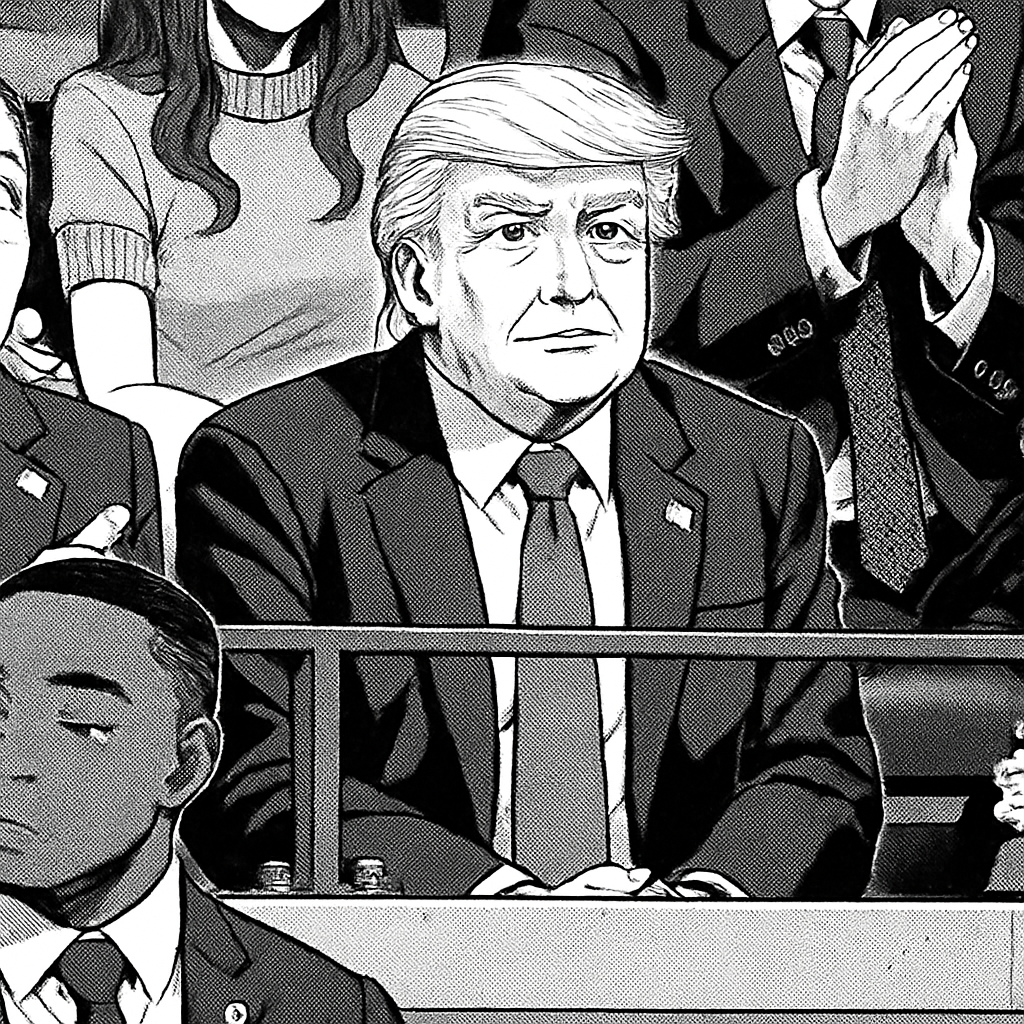NEW YORK — The 2023 US Open men’s singles final between Novak Djokovic and Daniil Medvedev was already a highly anticipated event, but it was a surprise guest in the Rolex suite that stole a significant portion of the pre-match spotlight and sparked a wave of controversy throughout the grounds of Flushing Meadows. Former President Donald Trump’s attendance, flanked by a heavy security detail, created a palpable stir, drawing reactions from boos to cheers and dividing opinion among players and pundits alike.
Among those weighing in on the unexpected political theater was Nigel Sears, the esteemed British coach and former mentor to US Open champion Emma Raducanu. Sears, who has decades of experience at the highest levels of the sport, offered a unique perspective on the intersection of a major sporting event and a polarizing political figure, focusing on the impact it had on the atmosphere surrounding the championship match.
A Heavily Fortified Entrance
Trump’s arrival was anything but subtle. His motorcade swept into the Billie Jean King National Tennis Center, and he was swiftly escorted to the luxury suite, a process that required a significant and visible security operation. This presence was felt by fans attempting to navigate the concourses, as certain areas were temporarily cordoned off to facilitate his movement. Videos quickly circulated on social media showing crowds of spectators gathered outside the suite, their reactions a mixed bag of loud jeers and enthusiastic cheers, creating a charged environment more akin to a political rally than a tennis final.
Sears, speaking from his home in the UK, noted the immediate disruption. "The role of a major sporting event is to be a unifying spectacle, a temporary escape from the divisions of the outside world," he remarked. "While every fan is entitled to their political views, the arrival of a figure as divisive as Mr. Trump, with the requisite security circus, inevitably shifts the focus. The chatter in the players' lounge and among coaches wasn't about the tactical battle to come between Djokovic and Medvedev; it was about the spectacle in the stands."
The Reaction from the Tennis World
The tennis community’s response was swift and varied. Some, like commentator and former player Pam Shriver, expressed discomfort, with Shriver posting on social media about the awkwardness of the situation. Others adopted a more pragmatic approach, acknowledging that high-profile attendees are part and parcel of a global sporting event. The USTA itself issued a standard response, stating simply that it was honored to host all of its guests. Sears pointed out that this dichotomy is a modern reality for sports organizations.
"The governing bodies are in a difficult position," Sears explained. "They want to sell those premium suite tickets and attract celebrities and powerful figures. It's a major revenue stream. But with that comes a calculated risk. When you invite a former head of state, you are inherently inviting their political baggage. The USTA likely expected a reaction, though perhaps not one that momentarily overshadowed the final itself."
He contrasted it with the presence of other celebrities, such as actors Hugh Jackman and Bradley Cooper, who attended the tournament without causing a fraction of the commotion. "There's a difference between a famous actor and a active political lightning rod. One brings glamour; the other brings protestors, intensified security, and a media frenzy focused on politics, not sport."
The Players' Perspective
A key question was whether the unusual atmosphere affected the two competitors on court. Both Djokovic and Medvedev are seasoned professionals accustomed to playing in the most high-pressure environments imaginable. Djokovic, in his post-match press conference, acknowledged Trump’s presence with a diplomatic tone, calling it a “privilege” and “honor” to have him in attendance, while carefully avoiding any political endorsement.
Sears, however, theorized that while it likely didn’t alter the outcome of the match, it could have contributed to the unique energy inside Arthur Ashe Stadium. "These athletes are masters of concentration, but they are not deaf. They can hear the swell of noise that isn't related to a point. That strange energy, that distraction, becomes part of the fabric of the match. It's another variable to process."
The Bigger Picture for Tennis
For Sears, the incident speaks to a broader challenge facing tennis and global sports. As political and social divisions deepen, the neutral ground of the sporting arena is increasingly contested. The WTA and ATP have already navigated incredibly complex issues regarding Russian and Belarusian players following the invasion of Ukraine. The Trump visit presented a different, but related, challenge of maintaining the sport’s focus on athletic competition.
Sears outlined several considerations for tournament directors moving forward:
- Anticipate the Reaction: Understand that inviting certain figures will generate a media firestorm.
- Security Planning: Ensure protocols are seamless to minimize disruption for paying fans.
- Player Preparation: Brief players on potential off-court distractions that could arise.
"The genie is out of the bottle now," Sears concluded. "Sport and politics are now inextricably linked, whether we like it or not. The task for tournaments is to manage that intersection with extreme care. The primary duty is to the players and to the integrity of the competition. Anything that threatens to undermine that, whether it's a political visit or any other external factor, needs to be evaluated not just for its publicity value, but for its potential cost to the sport itself."
In the end, Novak Djokovic lifted his 24th Grand Slam trophy, a historic moment that eventually reclaimed the headlines. But the discourse surrounding the event was undeniably shaped by the chaotic scenes in the stands. As Nigel Sears’s analysis suggests, the incident serves as a potent case study for tennis, a reminder that in today’s world, the biggest threats to a tournament’s focus may not come from the weather or an injury, but from the guest list.

